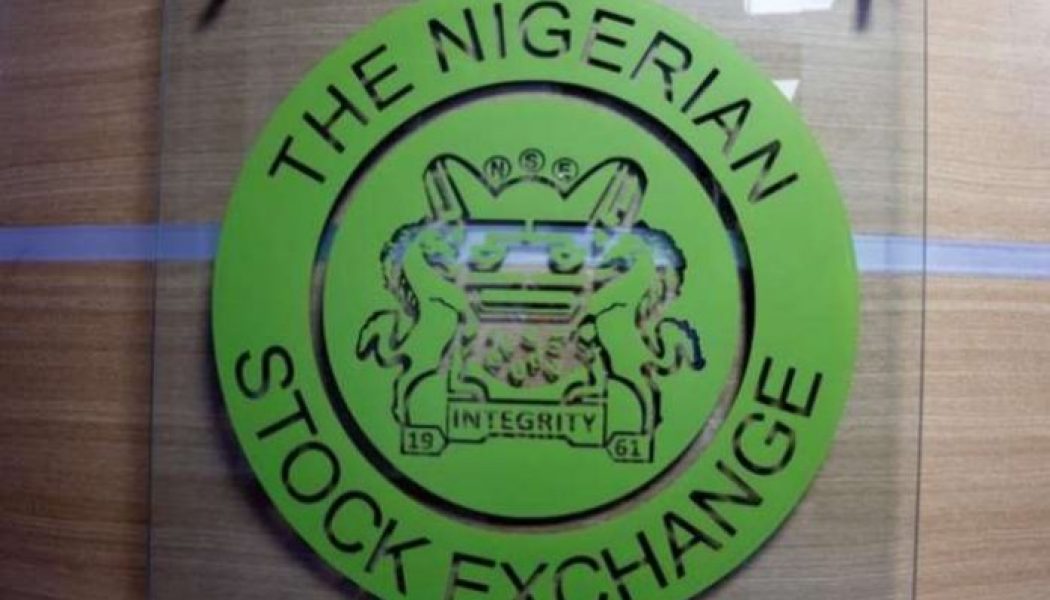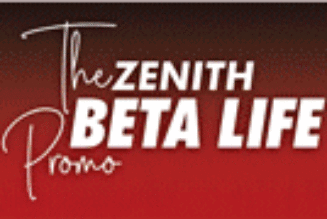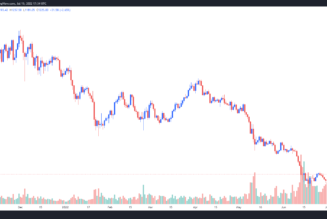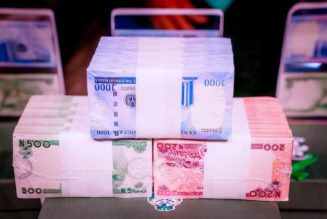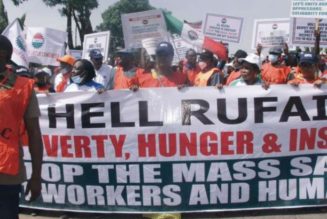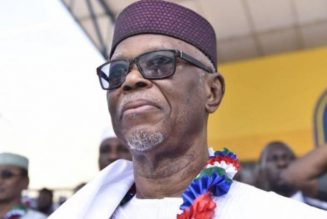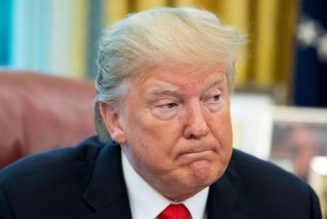
Nigerian stocks closed the first half down with average loss of 8.80 per cent, equivalent to net capital depreciation of N1.14 trillion as investors struggled with a threesome of domestic macroeconomic uncertainties, global decline in crude oil price and trade wars and the ravaging COVID-19 pandemic.
Benchmark indices at the Nigerian Stock Exchange (NSE), which are generally regarded as sovereign equity indices for Nigeria, showed that Nigerian stocks swiveled through steep decline in first quarter and a major recovery in early months of the second quarter, closing the six-month period with net loss of N1.14 trillion.
The All Share Index (ASI), a common value-based index that tracks all share prices at the Exchange, closed first half at 24,479.22 points as against 26,842.07 points recorded as opening index for the year.
The index had posted a double-digit negative return of 20.7 per cent in the first quarter, driven by a steep decline of 18.75 per cent in March. The six-month performance, though still negative, was moderated by the two-month successive rally in April and May, which saw equities recording a two-month average return of 19 per cent. The market relapsed in June with average decline of 3.12 per cent, a loss of about N410.8 billion.
With net loss of about N2.68 trillion in first quarter 2020, the half-year return, though negative, indicated considerable recovery within the second quarter. Nigerian equities recorded positive average return of 14.12 per cent in the second quarter, equivalent to net capital gains of N1.656 trillion for the three-month period. The ASI had closed March 2020 at 21,300.47 points.
“The markets may remain volatile in the near term. We advise investors to accumulate quality stocks at lower levels with a long term investment horizon,” FSDH Group, a major investment banking group, stated in its outlook.
Data provided by SCM Capital, an investment banking firm, indicated that average loss for foreign portfolio investors, who denominate in Dollars, could more than doubled average decline in Naira terms. Aggregate market value of quoted equities, which showed unadjusted decline of 1.46 per cent in Naira terms, declined by 16.20 per cent in Dollar terms.
At the official Investors and Exporters Foreign Exchange Window (I&E FX), Naira dropped by 0.13 per cent to N386.50/$ as foreign exchange liquidity remained tight with demand for dollars outweighing supply.
Chief Operating Officer, GTI Capital, Mr. Kehinde Hassan, said the stock market was impacted by the global market variables and domestic foreign exchange management, which negatively influenced foreign portfolio participation in the market.
The Nation had exclusively reported that foreign portfolio investments (FPIs) in the Nigerian market dropped to a 29-month low in May 2020, the latest available figure. Total FPIs dropped to N35.24 billion in May 2020, its lowest month-on-month record in the past 29 months.
Chairman, Association for Securities Dealing Houses of Nigeria (ASHON), Chief Onyenwechukwu Ezeagu, said FPI decline was due to a myriad of factors including uncertainty about the full impact of COVID-19 on the Nigerian economy, Naira depreciation, limited availability of foreign exchange, inconsistencies in monetary and fiscal policies and global oil glut.
President, Association for the Advancement of Rights of Nigerian Shareholders (AARNS), Dr. Faruk Umar, said the outlook for the second half at the Nigerian stock market would be mixed with the impact of COVID-19 weighing more heavily in the third quarter and a recovery in the fourth quarter.
“The third quarter will not be very positive as the effect of COVID-19 will be strongly felt. We may likely see more layoffs and closure of some businesses.
“If the Central Bank of Nigeria (CBN) opens fully the foreign exchange window, most foreign investors may likely dump the capital market, and perhaps this may impact negatively on the market.
“The extension of the lockdown by four weeks and the uncertainty on domestic and international flights may not help matters. In addition, the political climate and the challenges of security are some of the factors that may affect the third quarter performance. But I believe the fourth quarter may be positive if COVID-19 does not persist,” Umar said.
Aggregate market capitalisation of all quoted equities at the NSE closed yesterday at N12.770 trillion as against N12.958 trillion recorded as opening value for the year.
The difference between the market value percentage difference and ASI was due mainly to additional listing of shares.
ASI, a weighted value-based index, is usually adjusted for new listings while additional shares are directly credited to market value without any adjustment.
